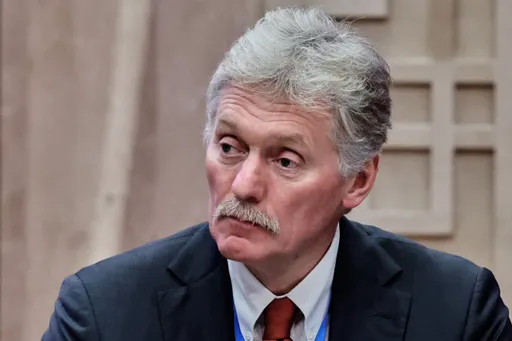Somalia’s first women-run news outlet, Bilan, has opened in the capital Mogadishu. Aiming to act as a platform for female newsmakers, the outlet hopes to shed light on all compelling stories, particularly women’s issues.
“As a women-only media house, we are going to be able to bring taboo subjects into the open. Our sisters, mothers and grandmothers will talk to us about issues they never dare speak about with men,” said Fathi Mohamed Ahmed, Bilan's Deputy Editor, in a press statement on April 11.
With a team of six women, one editor and five journalists, the media unit will produce online content for both radio and television. “Bilan,” meaning “bright and clear” in Somali, is part of the Dalsan Media Group, a large media conglomerate in Somalia. Bilan’s stories will also be reshared on Dalsan’s platforms as well as international media.
The launch of the project came after the United Nations' six-month investigation into women’s roles in Somali media. The majority of journalists interviewed by the UN said they were harassed in the workplace, denied essential training and promotions, and were disregarded by male colleagues even when they worked in senior positions.
The male-dominated newsrooms led to the neglect of issues that affect women. To name a few, childcare, domestic abuse and equal opportunity are areas that much of the Somali media has ignored.
For Bilan journalists, it's the first time that women in Somalia are in complete control of the stories, right from the ideation to the final publication stage.
“For too long, Somali women journalists have been treated as second class citizens and Somali news has ignored the stories and voices of half the population; now we are in charge of the boardroom and the narrative,” said Nasrin Mohamed Ibraham, who is taking up the post of Bilan’s Chief Editor said in a press release.
Funding the programme, the UN’s development programme UNDP designed the project as a one-year pilot. Jocelyn Mason, the agency’s Resident Representative in Mogadishu, says she hopes the project will become permanent and expand to other regions.
Meaning “bright and clear” in Somali, Bilan will be a game-changer for the Somali media scene, and will “open up new opportunities for women journalists” in the country, Mason said.
Meanwhile, the UNDP will also work with male journalists in the country to observe how to change attitudes and is reaching out to major social media platforms to explore ways to stamp out abuse against female journalists.
Under the project, the journalists will receive training and mentoring from established Somali journalists as well as international journalists. Bilan will also offer six-month internships to selected female journalism students at Mogadishu’s two universities.























